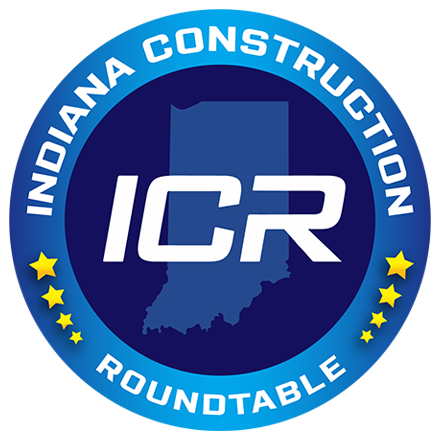The Restructuring of the IUPUI Campus
The future impacts for two universities and the City of Indianapolis
Join ICR as together we will explore the impacts of the restructuring of the former IUPUI Campus as it is divided into two distinct urban campuses. Indiana University and Purdue University will each have their unique campus facilities, curriculum, and student engagement. The city will now have two major Big Ten universities in downtown Indianapolis, and economic growth will be bolstered. Representatives from Indiana University, Purdue University, the Indy Chamber, and more will share their perspectives. Together we will learn the future plans for each institution and how they will develop their respective campuses. We will also hear how the city will benefit from this arrangement and how economic development will actually be enhanced under the new structure. More details to come, but you won’t want to miss this informative and detailed discussion on the future of higher education in downtown Indianapolis!
This event will be held Thursday, October 12 at Indiana Landmarks, 1201 Central Avenue, Indianapolis, IN 46202. Registration and networking opens at 7:30 a.m. The program will run from 8:00 – 10:00 a.m. and include time for Q & A. Don’t miss this informative session. Register Today!

Schedule of Event:
7:30AM – Registration Opens
7:30-8:00AM – Networking + Breakfast
8:00-9:30AM – Program
9:30-10:00AM – Networking
Speakers
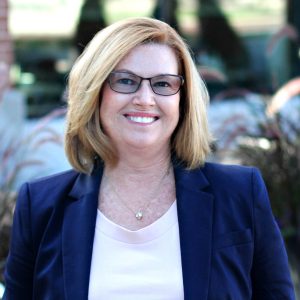
Moderator: Leslie Wagner, Senior Principal
Ginovus
Leslie leads clients through the location modeling, site selection, and incentive procurement process. Her work includes managing new facility development, expansion, consolidation, and relocation of Fortune 500, life sciences, manufacturing, distribution, and information technology clients. Leslie has successfully closed transactions resulting in over $1.3 billion in capital investment and over 13,500 new jobs. Her expertise in negotiating and coordinating initiatives with economic development organizations, while synchronizing activities with government agencies provides a significant advantage to Ginovus clients throughout North America. Leslie is also a member of The Site Selectors Guild.
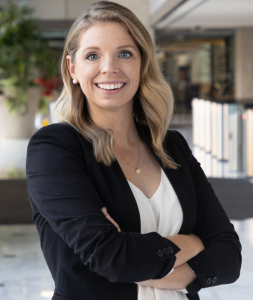
Sarah Iglehart, Senior Vice President, Regional Economic Development
Indy Chamber
Sarah Iglehart serves as the Senior Vice President of Regional Economic Development at the Indy Chamber. In her role, Sarah leads the Indy Partnership, a business unit of the Indy Chamber, which serves as the regional economic development organization for the Indianapolis Region. The Indy Partnership focuses its efforts in corporate attraction and talent attraction for the 9-county area. In her role, Sarah also leads the development and implementation of Accelerate Indy, the regional economic development strategy of the Indy Chamber.
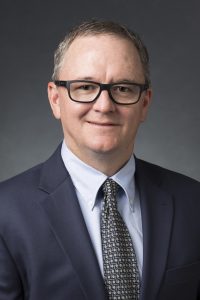
Michael B. Cline, P.E., PTOE, Senior Vice President, Administrative Operations
Purdue University
Michael B. Cline, a professional engineer with decades of leadership and engineering experience in both the public and private sectors, is the Senior Vice President for Administrative Operations at Purdue University. By prioritizing customer care, innovation and management accountability, Cline ensures the organization delivers high quality services at the lowest possible cost. Since coming on board in 2013, Cline’s role expanded to include capital programming, campus master planning, sustainability, real estate, procurement, environmental health and public safety, supplier diversity, parking, transportation, and Purdue’s airport. In this role, Cline manages 1,200 employees on the West Lafayette campus, a $300M capital program, and a $200M annual operating budget.
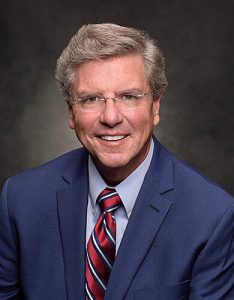
Dan Hasler, Chief Operating Officer
Purdue University
Daniel J. Hasler (Dan) is Founder and President of Hasler Ventures LLC, a company working to advance groundbreaking university technologies by moving them to the public through collaborations with industry. Currently, Hasler serves as Chief Operating Officer of Purdue University in Indianapolis. Hasler served as Executive Vice President for Marketing and Communications from 2017 – 2020 and oversaw the University’s sesquicentennial celebration in 2019. Hasler previously served five years as President of Purdue Research Foundation where he was responsible for protecting the University’s intellectual property and managing its entrepreneurial and technology transfer activities. In this capacity, Hasler helped move Purdue’s life-changing innovations through commercialization to the benefit of the public. Purdue innovations are used by millions of people in more than 100 countries around the globe.
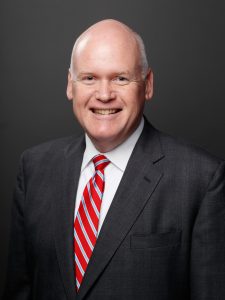 Tom Morrison, Vice President, Capital Planning and Facilities
Tom Morrison, Vice President, Capital Planning and Facilities
Indiana University
Dr. Thomas A. Morrison was named Indiana University’s first vice president for capital planning and facilities in 2009. In this position, Morrison serves as IU’s chief capital, facilities, planning, and real estate officer overseeing all facility-related operations, acquisitions, and capital projects. He also serves as a liaison to state and federal agencies for all capital-related items. Morrison maintains responsibility for the physical infrastructure and development of IU’s campuses, encompassing a real estate portfolio of over 800 buildings with a value of over $10 billion. He has overseen planning and construction expenditures exceeding $2.9 billion and the completion of numerous new major capital and renovation projects.
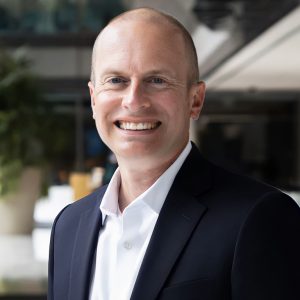
Michael Huber, Vice President for University Relations
Indiana University
Michael Huber leads Indiana University’s government relations efforts at the state and federal level as well as its economic engagement initiatives. In this role, Huber is responsible for leveraging IU’s vast educational resources, talent, expertise, discoveries and innovations, partnerships and other resources — particularly those in key areas that Indiana has targeted for investment and growth — toward contributing to the state’s future economic prosperity and improving the lives of Hoosiers. He also oversees IU’s work with state and federal legislative bodies to ensure that higher education remains responsive to the needs of the communities it serves and a top priority for future generations.
